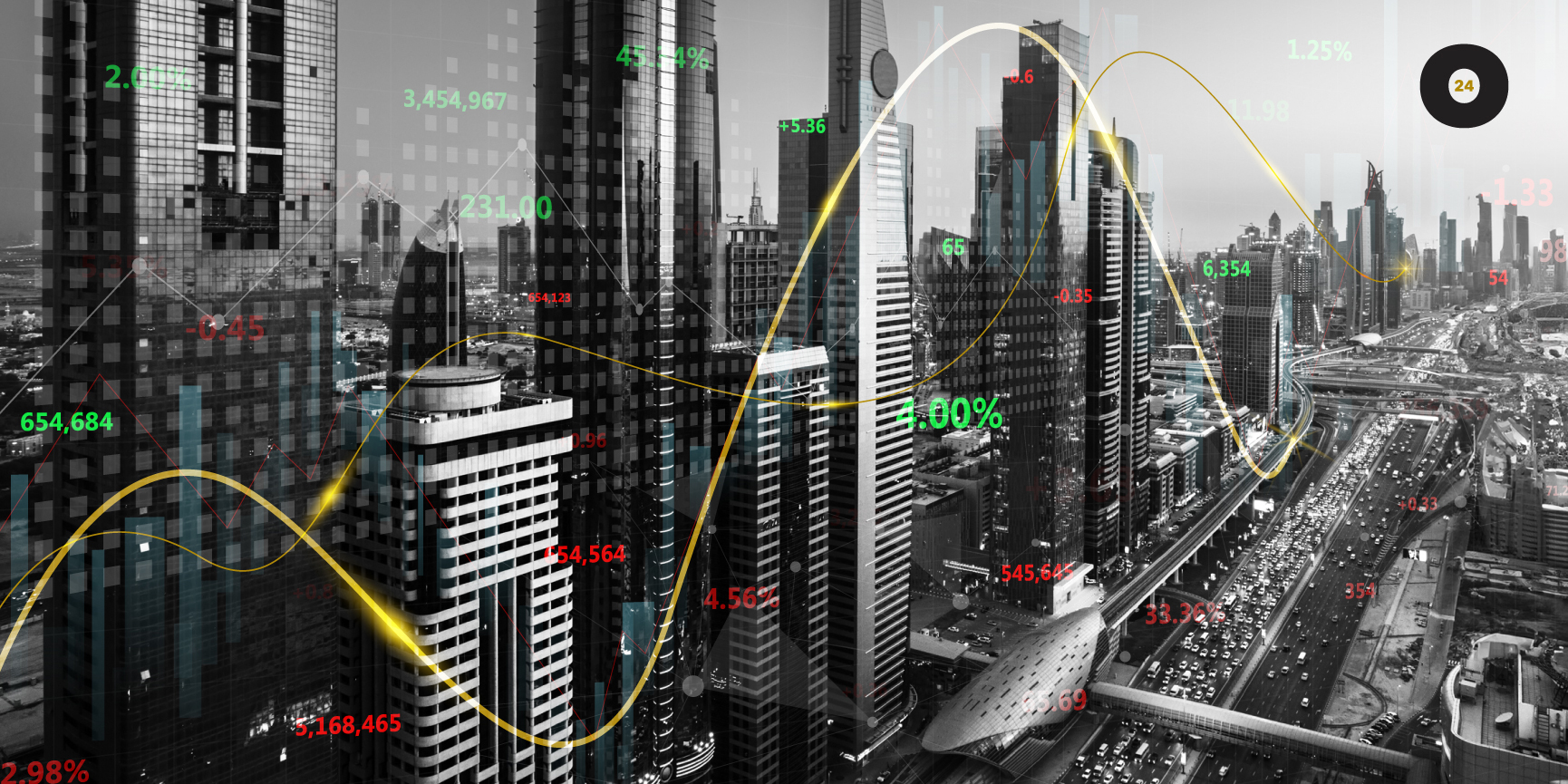


Dubai’s real estate market has long been one of the most closely watched in the world. But like any major property hub, it does not exist in isolation. The real estate sector here is directly tied to the UAE’s economic health — with every upturn and slowdown reflected in sales volumes, prices, and rental yields. Understanding this connection helps investors, developers, and residents anticipate what comes next.
During strong economic cycles, Dubai witnesses’ growth across multiple sectors — tourism, trade, logistics, and finance. This fuels population growth, foreign investment, and job creation. More residents and investors lead to higher housing demand, price appreciation, and rental inflation.
In Q2 2025, Dubai recorded 53,118 property transactions worth AED 184 billion, reflecting robust economic conditions and investor appetite.
Residential prices averaged around AED 1,607 per sq ft in Q1 2025, supported by strong inflows of buyers and resilient demand in prime communities.
Key driver: Tourism and international capital inflows continue to strengthen Dubai’s status as a global hub, boosting property demand.
Downturns — whether triggered by global oil price shocks, higher interest rates, or geopolitical tensions — bring moderation. Buyer demand softens, speculative activity reduces, and rental yields plateau.
Example: The 2008–2009 global financial crisis saw Dubai property prices fall significantly due to oversupply and reduced capital inflows.
In contrast, COVID-19 in 2020 caused a short-term slump, but recovery was swift, fueled by government stimulus and population rebound.
Diversification: The economy is no longer solely reliant on oil; finance, tourism, tech, and logistics now underpin demand.
Policy support: Golden visas, freehold expansions, and investor-friendly reforms sustain confidence.
Global positioning: Dubai often benefits when global markets face uncertainty, as investors view it as a “safe haven.”
Dubai’s property market moves with the economy, but it has proven to rebound faster than many global hubs. For buyers and investors, the lesson is clear: understand the cycle, identify the timing, and recognize that short-term volatility often leads to long-term opportunity.